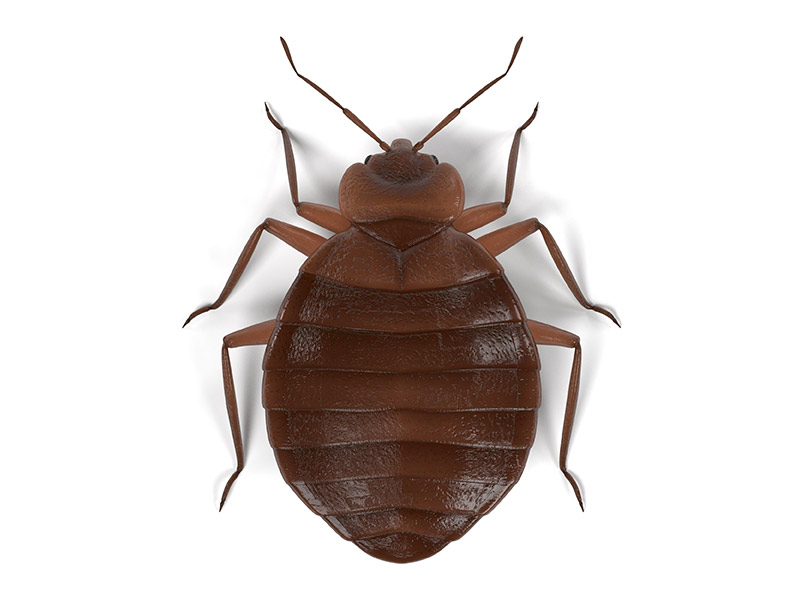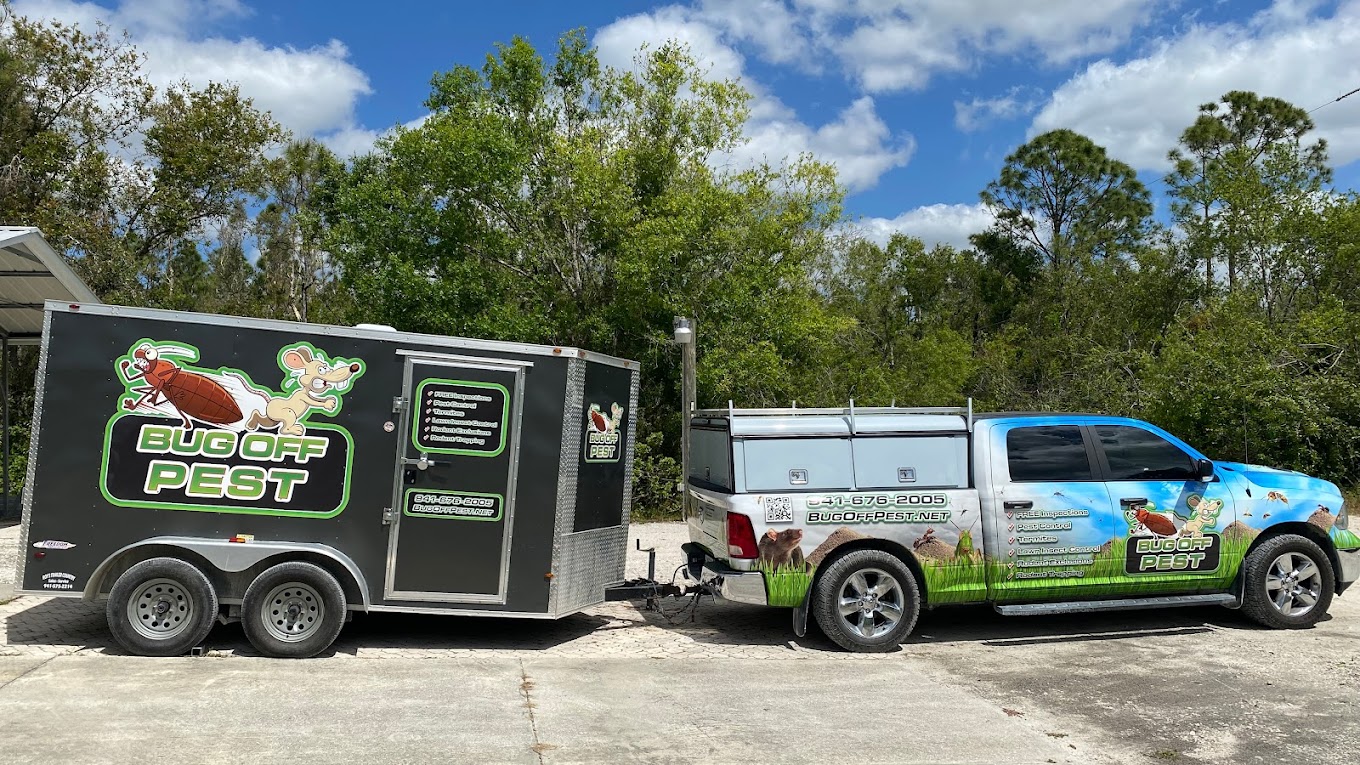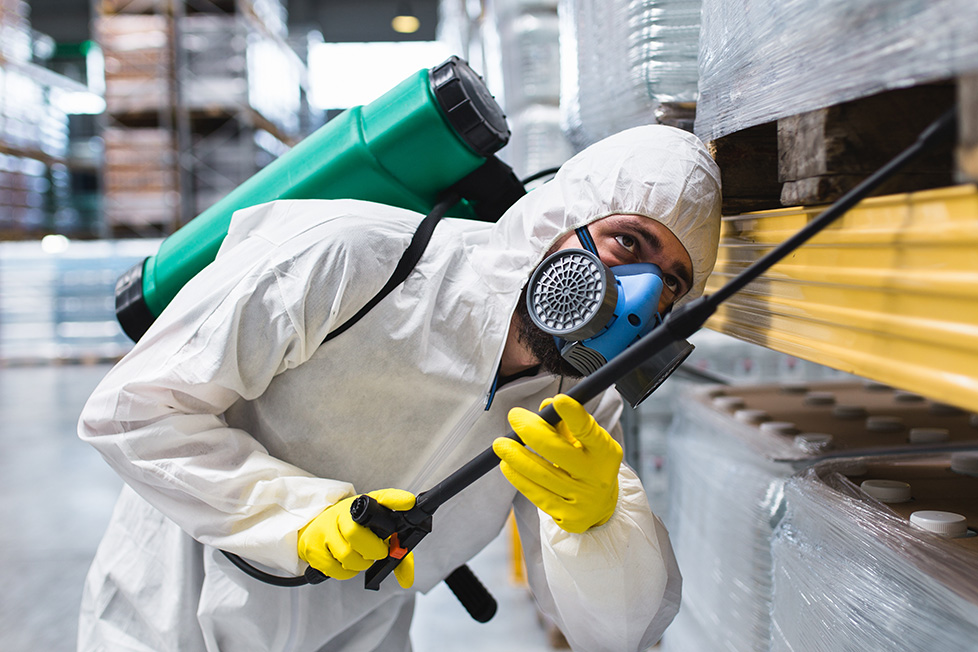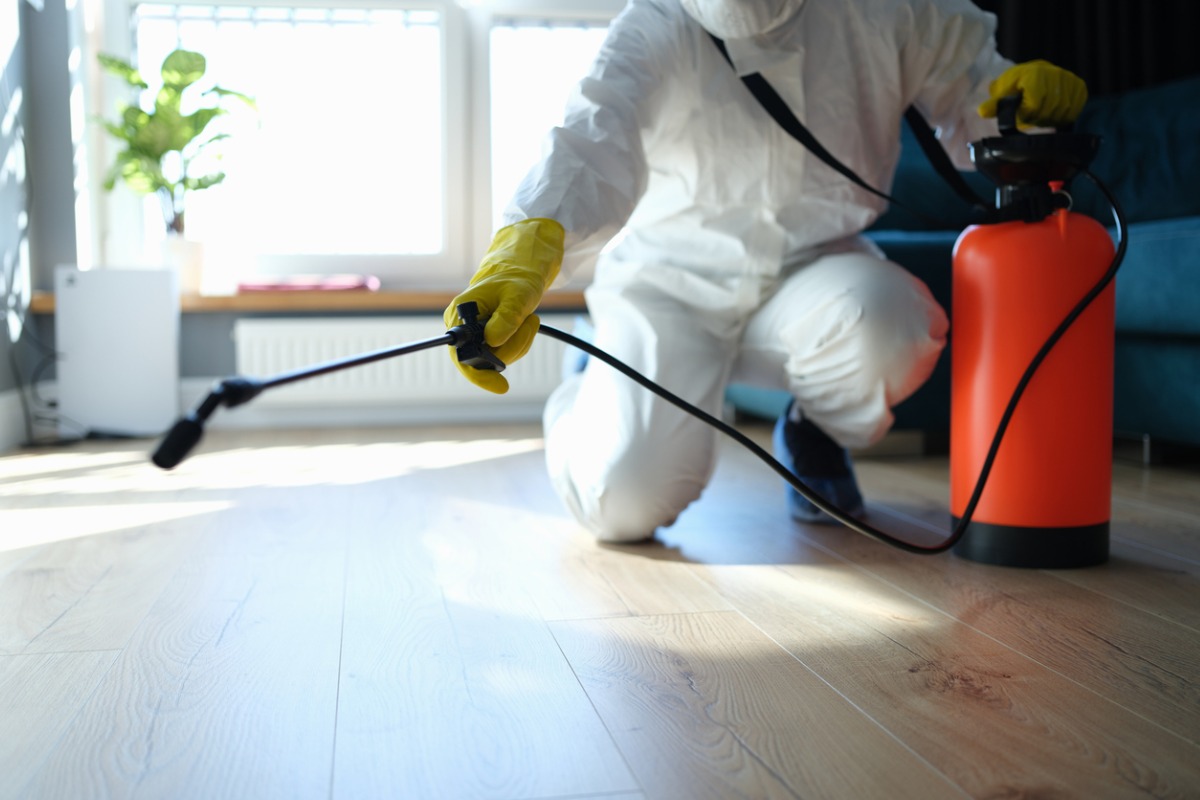Comprehensive Pest Control in Port Charlotte for seasonal protection.
Comprehensive Pest Control in Port Charlotte for seasonal protection.
Blog Article
Discovering Ingenious Techniques and Products for Effective Bug Control
The landscape of bug control is evolving, noted by the appearance of innovative strategies and products made to improve effectiveness and sustainability. From smart catches geared up with advanced monitoring systems to biological methods that use all-natural killers, these improvements offer a paradigm shift in just how we approach pest monitoring.
Smart Traps and Keeping Track Of Equipments
Just how can modern technology boost bug administration? One considerable advancement is the growth of clever catches and monitoring systems, which supply real-time data and analytics for effective parasite control. These systems utilize sensors and wireless innovation to detect pest task, informing residential or commercial property supervisors and insect control professionals to problems before they intensify.
Smart traps are furnished with functions such as lure stations that bring in pests and capture them successfully. These traps can be checked remotely, permitting timely interventions and decreasing the need for considerable chemical applications. The combination of machine understanding formulas makes it possible for these systems to distinguish in between target pests and non-target varieties, enhancing the accuracy of bug control actions.
Furthermore, the information collected from smart traps can be analyzed to identify patterns in pest habits and ecological elements contributing to invasions (Pest Control in Port Charlotte). This details is important for establishing targeted pest management methods customized to certain environments. By welcoming wise traps and monitoring systems, parasite control professionals can enhance their functional efficiency and lower the eco-friendly influence of bug administration, inevitably resulting in safer and a lot more sustainable techniques in the industry
Organic Bug Control Approaches
Using natural predators and parasites, biological insect control techniques offer an ecologically pleasant choice to chemical treatments. This method involves the introduction or improvement of specific organisms that can normally regulate insect populations, thus minimizing dependence on synthetic chemicals. Common instances include making use of ladybugs to control aphid problems and parasitical wasps to target caterpillars.

Biological control can be categorized into 3 main approaches: timeless, augmentative, and conservation. Timeless biological control entails importing natural enemies from the bug's indigenous habitat, while augmentative control entails enhancing the populace of existing all-natural adversaries with launches. Conservation approaches focus on developing conditions that sustain these useful microorganisms in the community.
The performance of organic insect control depends upon comprehending the complex communications within environments. It often requires a detailed analysis of insect dynamics and the life process of both the pests and their natural opponents. While biological techniques might not offer instant outcomes like chemical alternatives, they contribute to long-lasting parasite administration and ecological community wellness. As awareness of environmental problems grows, biological bug control approaches are increasingly recognized for their sustainable role in integrated bug management programs.
Eco-Friendly Chemical Alternatives
Environment-friendly chemical choices give a viable solution for parasite monitoring that decreases ecological influence while effectively regulating parasite populaces. These options are stemmed from natural resources and are very carefully developed to target particular insects without harming advantageous organisms, making them helpful hints a necessary element of sustainable parasite control strategies.
Among the most efficient environment-friendly options are plant-based insecticides, such as neem oil and pyrethrin, which are originated from the seeds and flowers of various plants. These materials interrupt the life cycles of parasites, minimizing their populations without the poisonous effects connected with traditional pesticides - Pest Control in Port Charlotte. In addition, crucial oils like peppermint and clove oil show repellent residential properties, even more boosting their utility in parasite management

In addition, eco-friendly chemical options commonly break down extra swiftly in the setting, decreasing the danger of dirt and water contamination. This particular aligns with the raising customer demand for sustainable methods in farming and city insect control. As research remains to development, the growth of innovative environmentally friendly formulas will certainly better improve effectiveness and expand application locations, making it possible for pest monitoring specialists to adopt greener, much more accountable techniques in their methods while securing human wellness and the setting.
Scent Disturbance Strategies
An additional cutting-edge strategy in lasting parasite look at this web-site monitoring is the usage of scent interruption methods. These techniques make use of the all-natural chemical signals, or pheromones, that pests make use of for interaction, specifically in breeding actions. By interfering with these signals, bug populations can be efficiently managed without turning to dangerous chemicals.
Scent catches are generally utilized in this approach. Over time, this can lead to a considerable decrease in pest populaces.

Integrated Pest Management Strategies
Efficient parasite control typically calls for a comprehensive method, and Integrated Insect Administration (IPM) approaches offer a framework site here for attaining this objective. IPM integrates various management methods to decrease parasite populaces while reducing reliance on chemical pesticides. This multifaceted method begins with detailed monitoring and recognition of bugs, enabling targeted treatments based upon details pest stress.
Social techniques, such as plant turning and hygiene, play a crucial duty in preventing insect establishment. Biological controls, including natural predators and parasitoids, are used to maintain insect populations at convenient levels. When required, discerning chemical therapies are used, highlighting reduced poisoning to non-target varieties and the setting.
In addition, education and learning and outreach are indispensable parts of IPM, advertising awareness among stakeholders about lasting techniques and pest life process. The versatility of IPM enables professionals to respond properly to transforming bug dynamics and environmental problems. By using this all natural technique, IPM not only enhances parasite control effectiveness but additionally adds to long-term ecological equilibrium. Eventually, Integrated Insect Administration represents a forward-thinking remedy that straightens agricultural productivity with ecological stewardship, making it necessary in modern insect control strategies.

Verdict
To conclude, the assimilation of innovative methods and products for efficient bug control represents a significant development in lasting bug management. Smart traps and checking systems, biological parasite control techniques, eco-friendly chemical options, and scent disruption strategies collectively improve the efficiency of insect monitoring techniques. By embracing these strategies, the reliance on standard pesticides can be lowered, promoting ecological wellness while guaranteeing efficient parasite control. Continued research study and advancement in these areas will certainly even more enhance pest administration methods.
Report this page